Greece, whereto?
Europe is trying to find a solution to help Greece avoid defaulting on payments.

Roxana Vasile, 19.06.2015, 13:45
Europe is these
days oscillating between anxiety and exasperation. Half of the Germans, for
instance, are calling for ‘Grexit’, namely Greece’s leaving the Eurozone, as
the country is on the brink of bankruptcy. On June 30th, Greece is
supposed to reimburse some 1.5 billion Euros to the IMF, but the state’s
treasury is empty, so the unblocking of the 7.2 billion Euro worth of aid that
the IMF and the EU promised last year is imperative. Greece’s international
creditors, however, have one condition: for Greece to get the money, it has to
make savings and implement a number of reforms, especial with regard to the
pensions system.
The radical left, though, which is holding the reigns of power
in Greece, seems engaged in a dialogue of the deaf. On the one hand, unlike the
Germans, who plead for austerity and strict rules, the Greeks believe it’s
illegitimate for anybody to force upon them a certain political and economic
policy. On the other hand, they are counting on the European solidarity. But,
the Europeans, who are now trying to find a solution, say’ enough is enough!’.
Gathered in Luxembourg on Friday, the Eurozone finance ministers only needed
one and a half hour to decide they could not authorize the disbursement of
the financial aid to Greece.
Subsequently, the Eurozone heads of state and government were summoned to an
emergency meeting in Brussels on Monday, to discuss the situation from a
political perspective. The usual summer summit is still due in late June, but
there is not enough time left for the aid to be approved by the European
parliaments. Without this help, though, Greece has no money to pay the IMF
back, thus risking to default on all payments. In fact, the IMF Director
Christine Lagarde was quite firm in stating that Greece will not benefit from
any postponement. In the meantime, Athens has been looking for solutions,
pendulating between the West and the East, more precisely between the EU and
Russia, in an attempt to prove its economic and financial potency, apparently
untouched by the sanctions imposed by Europeans against the background of the
conflict in Ukraine.
This past weekend’s meeting in St. Petersburg between the
Russian president Vladimir Putin and the Greek Prime Minister Alexis Tsipras
was the second after the one held in Moscow in April. Prior to Friday’s
meeting, the Kremlin leader had stated that his country was ready to offer
Greece financial support, particularly thorough energy infrastructure projects,
more specifically by extending across Greece the Russian – Turkish pipeline
‘Turkish Stream’, owned by the Russian energy giant Gazprom, a project that was
launched last year. Washington, however, has already voiced disapproval of
Athens’s participation in this project.






























